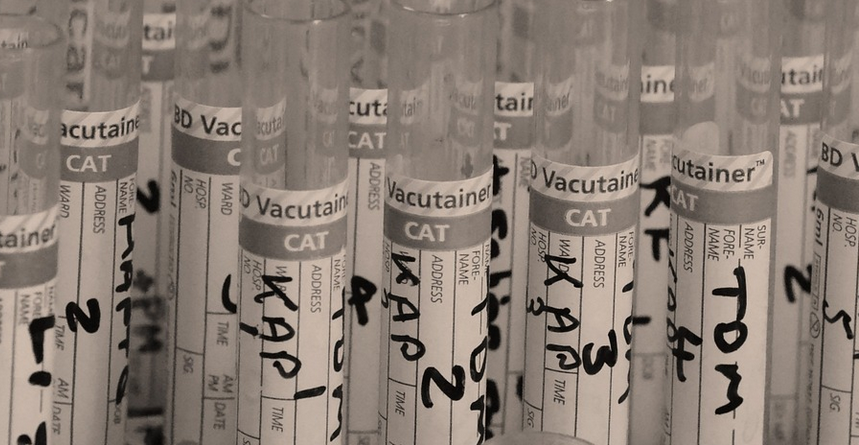Introduction
Sodium bicarbonate is a common medication used in neonatal intensive care units (NICUs) to treat various conditions. However, despite its benefits, it comes with potential side effects that parents and healthcare providers should be aware of.
What is Sodium Bicarbonate?
Sodium bicarbonate, also known as baking soda, is a medication that helps regulate the acid-base balance in the body. It works by neutralizing excess acid in the blood and improving the pH level.
Why is Sodium Bicarbonate Used in Neonates?
Sodium bicarbonate is commonly used in neonates to treat conditions such as metabolic acidosis, which can occur due to various reasons such as respiratory distress syndrome, sepsis, or kidney failure. It is also used during resuscitation to correct acidosis and increase blood pressure.
Potential Side Effects
While sodium bicarbonate can be beneficial in treating various conditions, it can also cause potential side effects. These include:
Metabolic Alkalosis
Sodium bicarbonate can cause an increase in the pH level, leading to metabolic alkalosis. This can cause symptoms such as muscle twitching, confusion, and seizures.
Fluid Overload
Sodium bicarbonate can increase fluid retention in the body, leading to fluid overload. This can cause symptoms such as swelling, shortness of breath, and decreased urine output.
Electrolyte Imbalance
Sodium bicarbonate can cause an imbalance in electrolytes such as sodium, potassium, and calcium. This can cause symptoms such as muscle weakness, irregular heartbeat, and seizures.
Tissue Irritation
Sodium bicarbonate can cause tissue irritation if it leaks out of the vein during administration. This can cause pain, swelling, and redness at the injection site.
Conclusion
While sodium bicarbonate can be a useful medication in treating various conditions in neonates, it can also cause potential side effects. Parents and healthcare providers should be aware of these side effects and monitor neonates closely during treatment. If any side effects occur, they should be reported to the healthcare provider immediately.

